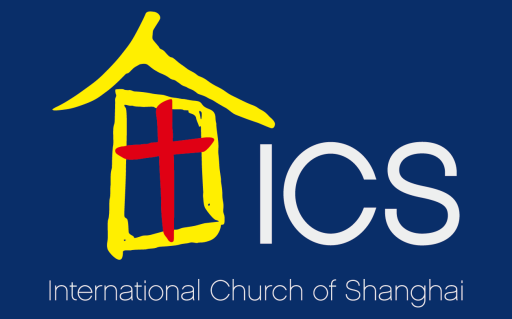Matthew 18:21-22 (NKJV) Then Peter came to Him and said, “Lord, how often shall my brother sin against me, and I forgive him? Up to seven times?” Jesus said to him, “I do not say to you, up to seven times, but up to seventy times seven.
Do you know that when we keep records of the wrongs of what others have done to us, it harms our souls? Doing so can lead to resentment and bitterness in our hearts. We will lose our peace, love, and joy, and our souls will not prosper when we internalise all the pain and hurt inflicted upon us. We might even develop preconceived ideas about people with specific personalities, making it challenging to develop friendships. We have knowingly or unknowingly built a shield around ourselves as a coping mechanism to prevent us from further pain. After experiencing hurt and betrayal, we tend to be less trusting of others. However, it is not healthy to be suspicious, as this leads to poor mental health. If we do not choose to forgive and reconcile with one another, we may find ourselves lashing out in anger for no apparent reason, as the anger is triggered from within our souls.
We have been taught in Scripture to reconcile with those who have hurt or wronged us because we will not prosper in our souls if we continue to bicker over it or isolate ourselves from our friendships. Sometimes, even though we feel lousy, we choose not to apologise or make good the relationship. The Holy Spirit is grieved when we ignore His prompting. However, when we walk in the Spirit, we will do the right thing by picking up the phone or initiating a cup of coffee with the affected party to restore the relationship. We will prosper in our souls if we choose the path of reconciliation.
Meanwhile, we must accept that reconciliation depends on both parties and not everyone wants it. Nevertheless, forgiveness is still possible if we release the person rather than “imprison” them by clinging to grudges and resentment. Forgiveness removes the power we give to past incidents to torment us in the realm of the soul. Consider that you achieve closure concerning the offense if you are the one to initiate the reconciliation, even if you are met with a rejection.
The Bible teaches us how to live the new life in Christ through the “new man”. When we do not grieve the Holy Spirit, we are walking in the Spirit and not gratifying the desires of the flesh. Learn to forgive and keep no record of wrong. Remember, God desires us to prosper on our journey regarding our souls and health. Therefore, choosing to forgive and not allowing hurt and resentment to develop into bitterness is a step forward in the healing process.
Sermon Series: Prospering In All Things
选择和解之路
马太福音 18:21-22 那时,彼得进前来,对耶稣说:“主啊,我弟兄得罪我,我当饶恕他几次呢?到七次可以吗?” 耶稣说:“我对你说,不是到七次,乃是到七十个七次。”
你可知道当我们记着别人对我们所做过的错事时,会伤害我们的魂。这样做会让我们的心中滋生怨恨与苦毒。当我们把所受的痛苦和伤害埋藏在心中时,我们会失去平安、爱和喜乐,魂也无法兴盛。我们甚至可能对某些性格类型的人产生偏见,导致很难建立友谊。我们有意无意地在自己周围筑起一道防护墙,作为一种应对机制,以避免再次受伤。经历伤害和背叛后,我们会变得不那么信任别人。然而,疑神疑鬼并不健康,这会导致心理状态恶化。如果我们不选择饶恕和与人和解,就可能会无缘无故地发怒,因为这种怒气的触发源于我们魂的里面。
圣经教导我们要与伤害或冒犯我们的人和好,因为如果我们继续争吵或自我隔离,我们的魂就无法兴盛。有时候,即使我们心里很难受,也会选择不道歉、不修复关系。当我们忽视圣灵的催促时,祂会为此忧伤。然而,当我们顺着圣灵而行,我们就会做正确的事,拿起电话或邀请对方喝咖啡,修复彼此的关系。若我们选择和解之路,我们的魂就会兴盛。
同时,我们也必须接受一个事实:和解需要双方的参与,但并非每个人都愿意和解。尽管如此,我们仍然可以选择饶恕,只要我们放手,不让怨恨和不满把对方“囚禁”在我们心中。饶恕能挪去那些过去的事件在我们魂的领域施加折磨的力量。即使对方拒绝,只要你主动寻求和解,也可以看作是你对那段伤害的一个了结。
圣经教导我们如何借着“新人”活出基督里的新生命。当我们不让圣灵担忧时,我们就是顺着圣灵而行,不是放纵肉体的私欲。学习去饶恕,不再计算他人的过错。请记住,神愿意我们在心灵和健康的旅程中都能兴盛。因此,选择饶恕,不让伤害与怨恨发酵成苦毒,就是医治过程中向前迈出的一步。
讲章系列:凡事兴盛
Image Source:pixabay.com
